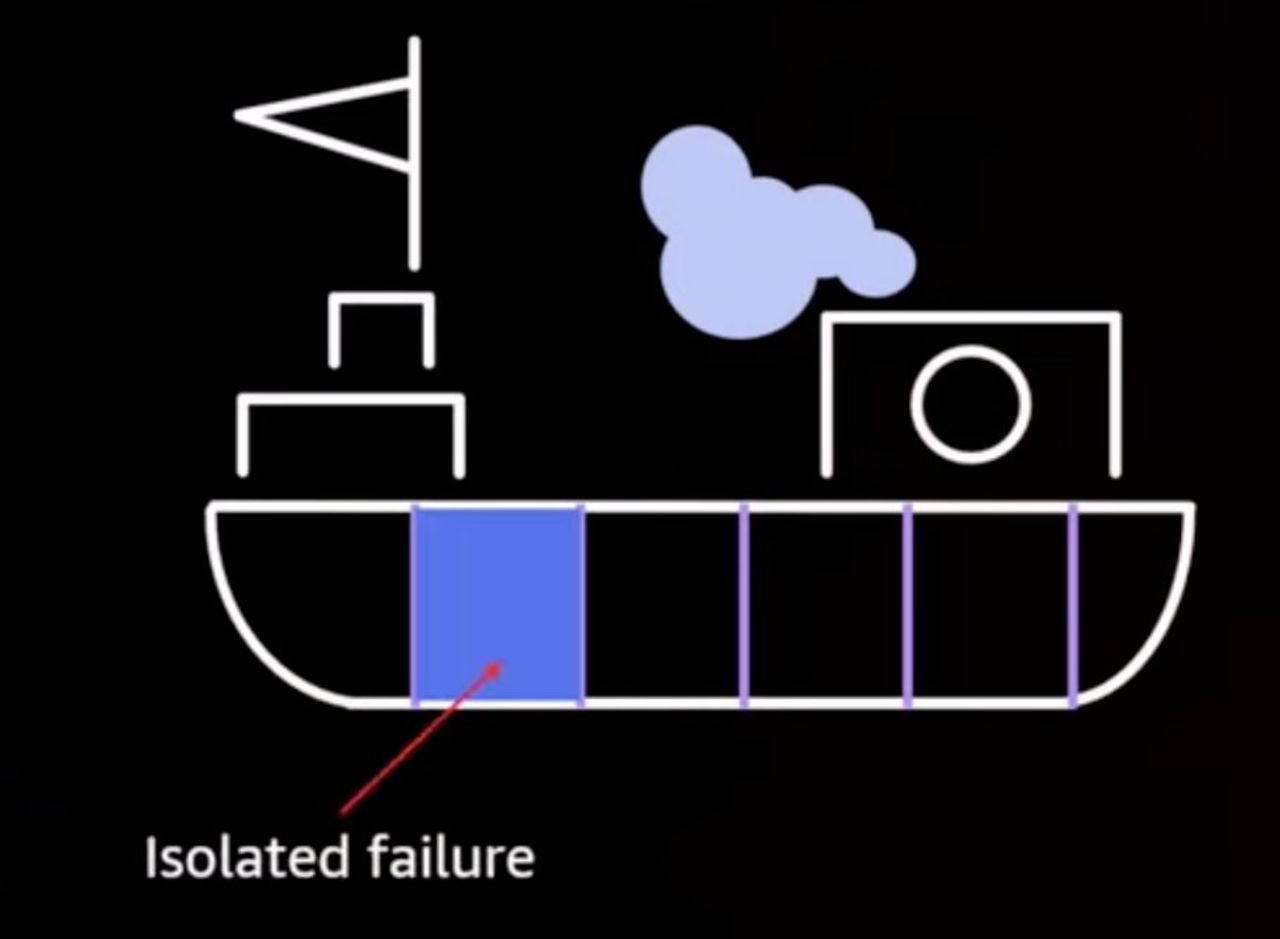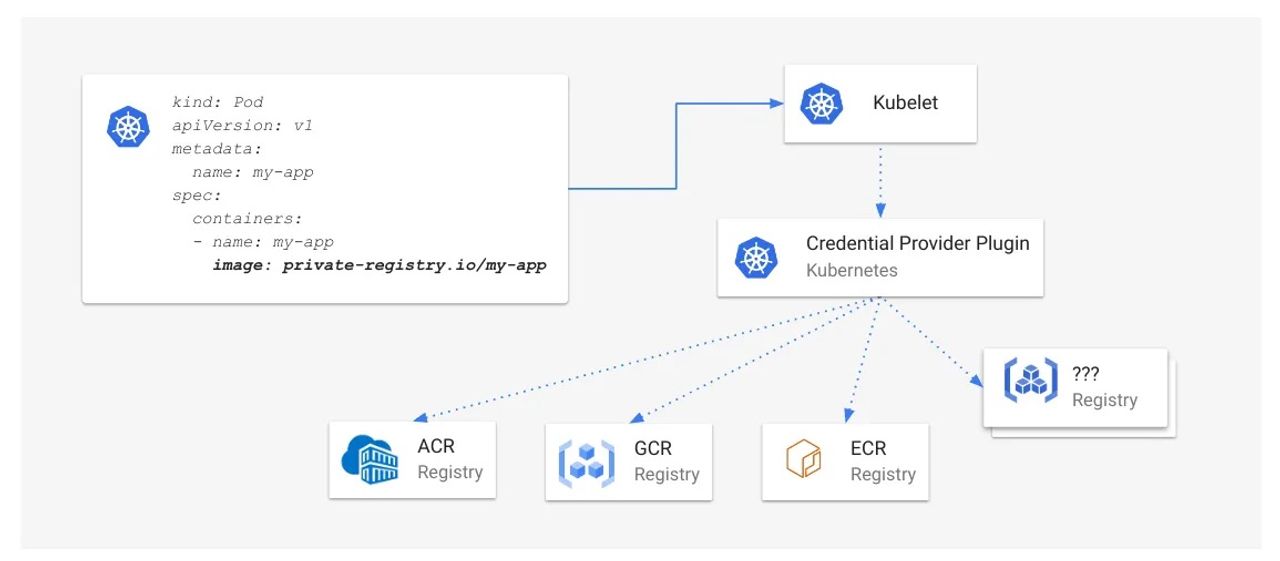Once upon a time, a fearful young developer (me), wanted to write magnificent code. I was seeing generations of developers speaking about it, as we speak about pyramids two thousands years after their construction. I wanted to let my mark in the world!
[…]
I understood that principles should be used depending on the context.
[…]
Therefore, the logic of this shipment should only appear once in the application.
[…]
Another quick example: imagine you coded a fancy class to parse B-trees. This can be considered as well as knowledge: it’s an algorithm which should be defined once. The representation of that knowledge should be used everywhere without repeating the knowledge itself.
So DRY is all about knowledge? All about business logic?
[…]
Dave, your colleague developer, thinks it does. Seeing this code you wrote, he comes at your desk and screams:
[…]
Dave, full of himself, claims: “You little pig! This code is not DRY!”. And you, aware of what the DRY principle is really about, answer: “But the business logic, the knowledge, is still not repeated!”.
[…]
Code reuse and code duplication are two different things. DRY states that you shouldn’t duplicate knowledge, not that you should code to be able to reuse everything.
[…]






